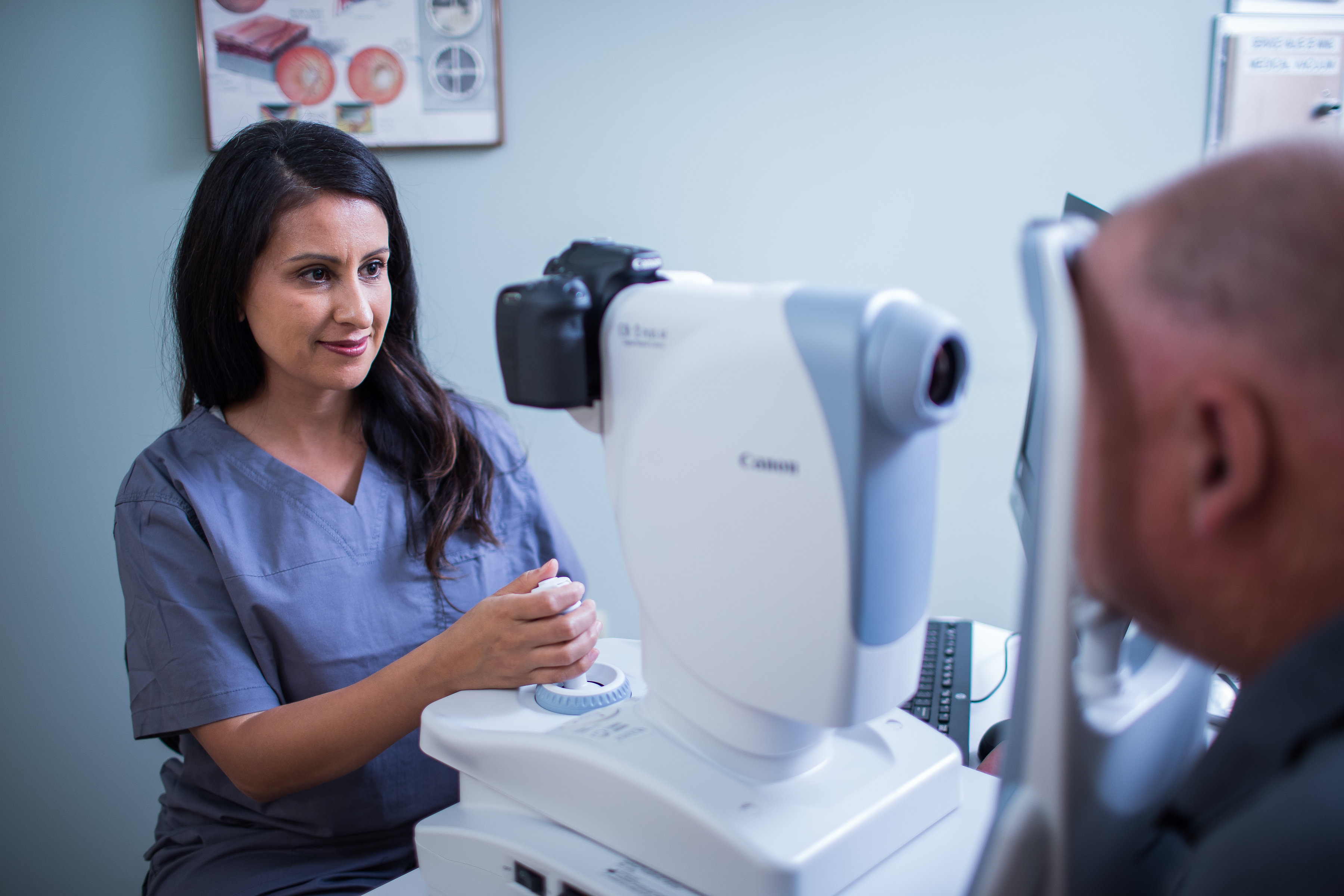Navigating the Labyrinth of Refractive Surgeries: Which Procedure Is Right for You?
In the realm of refractive surgical procedures intended at remedying vision, the variety of available treatments can typically appear like a maze, each promising to supply quality and accuracy. As individuals consider starting the trip towards clearer eyesight, the sixty-four-thousand-dollar question develops: which procedure is without a doubt the most suitable option? Navigating this complex labyrinth involves comprehending the subtleties of different alternatives, thinking about individual elements that play a pivotal function in decision-making, and critical the distinctions between preferred vision adjustment strategies. In the middle of this intricacy lies the assurance of tailored options that cater to private requirements, making the pursuit for the appropriate refractive surgery a intricate and highly customized process. The search for the suitable treatment requires a careful evaluation of numerous elements, ultimately resulting in the option of a path that aligns completely with one's distinct demands.
Recognizing Refractive Surgery Options

Factors to Take Into Consideration Prior To Choosing
Selecting one of the most suitable refractive surgery requires a comprehensive evaluation of numerous elements to make sure optimal end results for every individual. Prior to selecting a procedure, numerous essential factors to consider ought to be taken into account. First of all, the person's general eye health and certain vision adjustment requires play an important role. Elements such as the extent of refractive error, corneal density, student dimension, and presence of any type of eye problems must be completely assessed by a qualified ophthalmologist. In addition, the stability of the person's vision prescription in time is essential to figure out the relevance of surgery.
Clients with active lifestyles or particular job-related requirements may profit much more from particular procedures. People included in contact sporting activities might decide for treatments like PRK over LASIK due to the decreased risk of flap complications.
Contrasting Popular Vision Adjustment Treatments
Thinking about the numerous variables that influence the selection of a refractive surgical procedure, it is vital to compare preferred vision modification procedures to establish the most suitable choice for individual demands. Two well-known procedures are LASIK (Laser-Assisted sitting Keratomileusis) and PRK (Photorefractive Keratectomy)
LASIK entails developing a thin flap on the cornea, improving the underlying tissue with a laser, and after that repositioning the flap. It gives rapid recuperation and minimal pain, with many people experiencing enhanced vision virtually right away. On the various other hand, PRK involves getting rid of the outer layer of the cornea before improving it with a laser. The recovery period is longer compared to LASIK, PRK is a much better alternative for individuals with thin corneas or particular corneal irregularities.
When contrasting these procedures, factors like corneal thickness, eye health and wellness, and wanted healing time must be thoroughly have a peek at this site thought about. Consulting with a seasoned eye doctor is necessary to identify one of the most appropriate treatment based on an individual's particular requirements and eye health and wellness condition.
Personalized Therapies for Private Requirements
Tailoring refractive surgical treatments to meet distinct patient needs is necessary in accomplishing optimum aesthetic outcomes and complete satisfaction rates. Customized treatments consider private elements such as prescription stamina, corneal thickness, student dimension, and way of living factors to consider to figure out one of the most appropriate procedure for each patient. Advanced technologies like wavefront-optimized or wavefront-guided therapies allow specialists to resolve higher-order aberrations and boost visual quality beyond what typical treatments can provide.

Locating the Right Specialist for You
When looking for a specialist for refractive surgical procedure, it is critical to focus on expertise and experience in the area. The cosmetic surgeon you pick will play a substantial function in the success of your procedure and the end result of your vision. To discover the appropriate specialist for you, consider factors such as their qualifications, specialization in refractive surgical procedures, and the variety of treatments they have performed.
Beginning by looking into possible specialists and their credentials. Try to find ophthalmologists that are board-certified and have specific training in refractive surgical treatment. Additionally, testimonial individual testimonies and before-and-after images to evaluate the doctor's track record of successful outcomes.
Throughout examinations, inquire about the doctor's experience with the certain procedure you are considering. Ask about their difficulty rates, success prices, and just how they handle any kind of potential threats associated with the surgery. A proficient and skilled cosmetic surgeon will certainly not just have the technical know-how but also the capacity to personalize the treatment to your individual needs, making sure the very best possible outcomes for your vision improvement trip.
Verdict
Finally, when taking into consideration refractive surgical treatments, it is critical to recognize the available alternatives, factors to think about, and the distinctions in between preferred treatments. Custom-made treatments customized to individual requirements are necessary for achieving optimum outcomes. Locating a skilled specialist that can guide you with the puzzle of choices is critical in making sure an effective vision correction treatment. Select sensibly based on comprehensive research and examination with a specialist in the area.
In the world of refractive surgical treatments intended at fixing vision, the array of available procedures can usually appear click to read more like a labyrinth, each assuring to offer quality and precision. One typical procedure is LASIK (Laser-Assisted in Situ Keratomileusis), where a laser improves the cornea to fix refractive mistakes such as astigmatism, farsightedness, and nearsightedness. Customized treatments take right into account individual aspects such as prescription toughness, corneal thickness, student size, and way of living factors to consider to determine the most ideal treatment for each patient. To discover the appropriate specialist for you, consider elements such as their certifications, field of expertise in refractive surgical treatments, and the number of treatments they have actually executed.
In conclusion, when taking into consideration refractive surgical treatments, it is essential great site to recognize the available choices, aspects to take into consideration, and the distinctions in between preferred treatments. - eye center andalusia